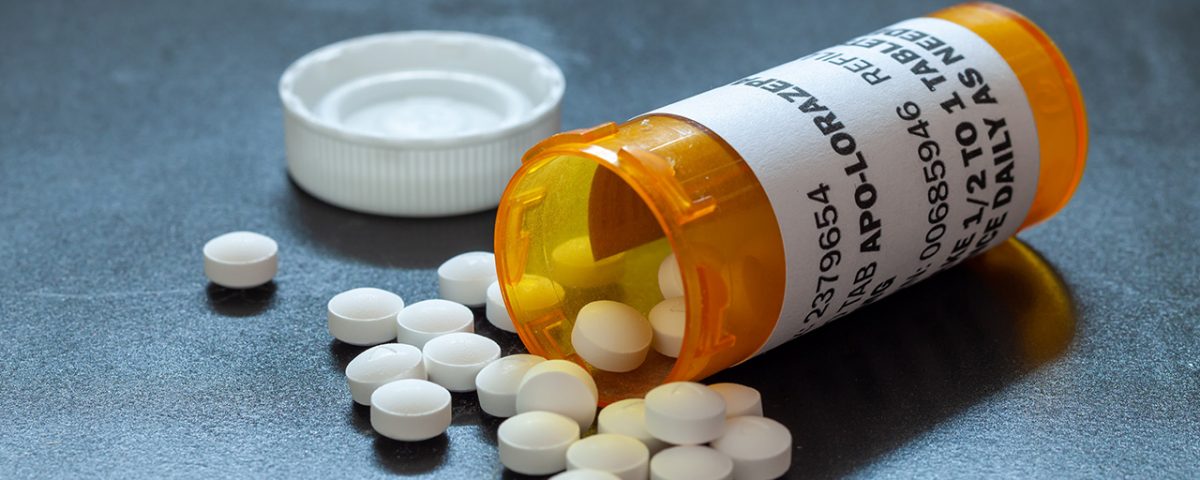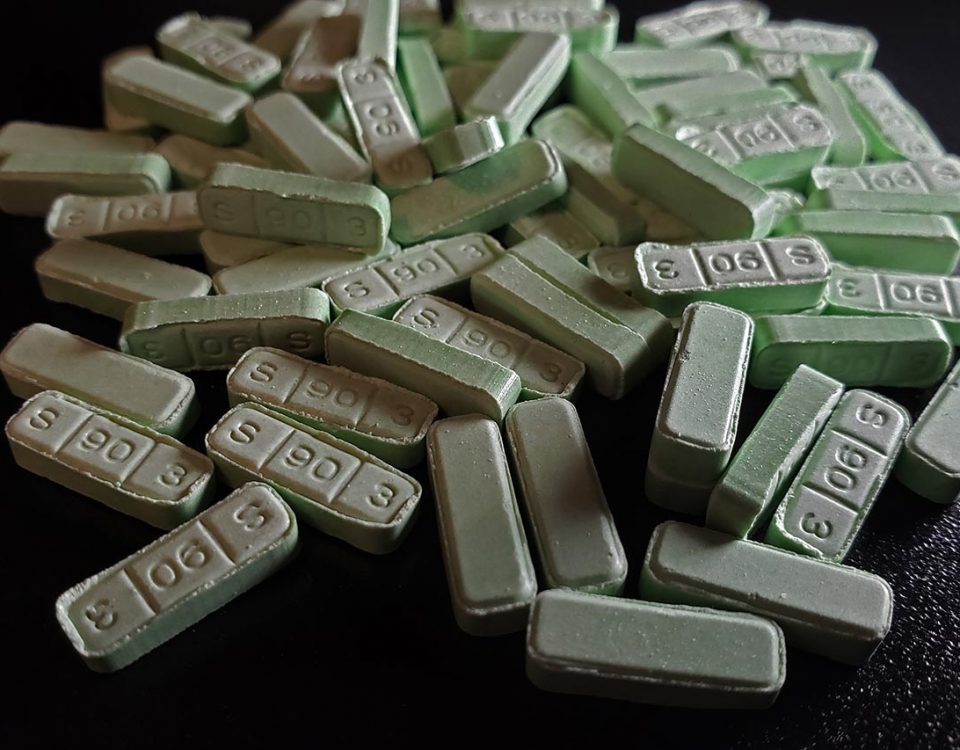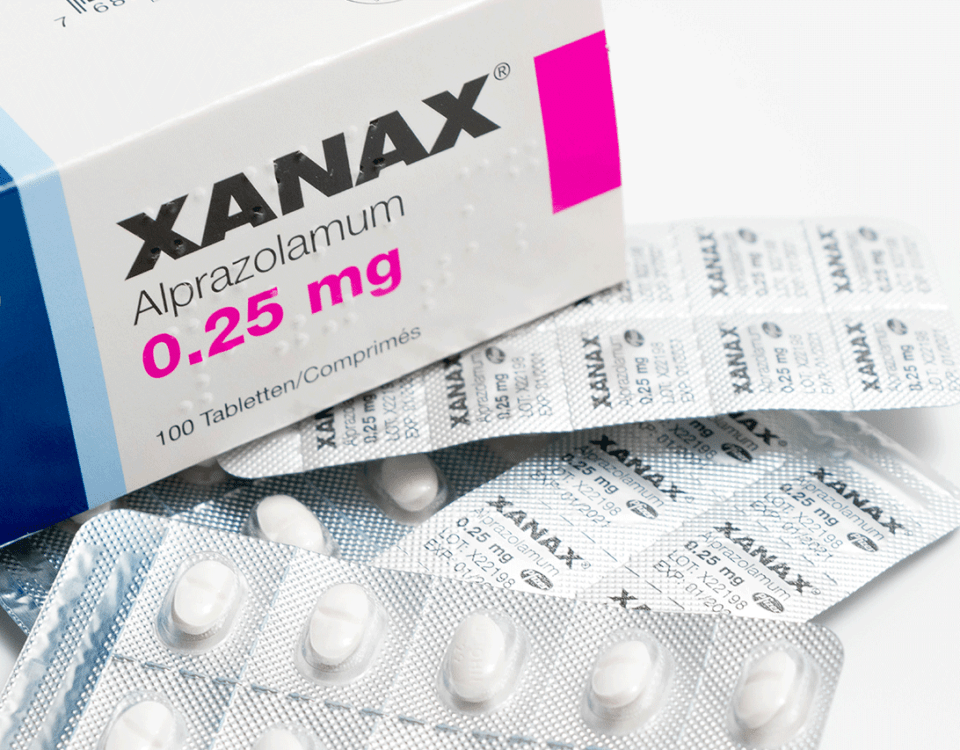Ativan is one of the several brand names for a benzodiazepine called lorazepam. Ativan is also one of the most commonly abused benzos in the market. Benzodiazepines, or benzos, are central nervous system depressants that are used to treat conditions like anxiety and insomnia. Lorazepam, the generic version of Ativan, is believed to be one of the safer benzos available. However, the drug can still produce some adverse side effects. But can you overdose on Ativan? How dangerous is this drug? Banyan’s Delaware rehabs are here to explain.
How Does Ativan Work?
Like other benzos, Ativan acts on the central nervous system by increasing the levels of an inhibitory neurotransmitter called gamma-aminobutyric acid (GABA). GABA is considered an inhibitory neurotransmitter because it inhibits or blocks nerve activity in the brain, producing a calming and tranquilizing effect on the body. This is why Ativan and other benzos are used to treat anxiety, seizures, and insomnia.
However, when taken in high doses, this drug can produce a sedative high. The drug is also addictive in that it changes chemical brain structure and causes physical dependence. Many who become physically dependent on Ativan and similar drugs need a medically monitored detox and rehab program to quit. It is important to seek help before the problem escalates. Luckily, our detox in Delaware is a great option for those in need of effective withdrawal treatments as regular therapy sessions commence.
What Does Ativan Look Like?
Ativan is available as a tablet with several different strengths, including 0.5 mg, 1 mg, and 2 mg tablets. They are small and usually oval or oblong in shape, with the strength of the tablet stamped on one side of the pill. The other side typically has the words "Ativan" or "WYETH" printed as well. These tablets may be white in color with a relatively chalky texture, making them hard to swallow by themselves. In hospitals or medical settings, it may also be available as an injectable liquid.
How Much Ativan Is Too Much?
An Ativan overdose can occur if you take above 10 milligrams (mg) per day or any dose higher than what your doctor prescribed to you. However, the amount of Ativan that a person takes for them to overdose varies from person to person. The risk of overdose may depend on factors like weight, gender, genetics, and any underlying health conditions.
Additionally, those who are addicted to benzos may have developed a tolerance to drugs like Ativan, making their threshold for overdose higher than the average person’s. Doctors take these factors into account whenever they prescribe drugs to their patients, which is why you should only take prescription medications if and as prescribed by your doctor.
Ativan Overdose Symptoms
What happens if you overdose on Ativan? If you or someone you know is taking this medication, knowing the lethal level of an Ativan dosage is important in avoiding overdose. Additionally, you should be able to recognize the signs of an Ativan overdose, including:
- Lethargy and fatigue
- Sleepiness
- Lack of coordination or motor movement
- Inexplicable spasms
- Stumbling and loss of reflexes
- Excessive sweating
- Clammy and pale skin
- Memory loss
- Confusion
- Slurred speech
- Weakness
Most importantly, a lorazepam overdose can also affect a person’s breathing. Ineffective or shallow breathing can cause loss of consciousness and even permanent brain damage or death if not treated in time. If you recognize any of these symptoms, call 9-1-1 immediately. Individuals who show signs of Ativan addiction early on can avoid overdose by looking into addiction treatment options, such as our inpatient Milford rehab program.
Is Ativan the Same As Xanax?
Both Xanax (alprazolam) and Ativan (lorazepam) are prescription pharmaceuticals that are part of the benzodiazepine class. They are not the same, even though their mechanisms of action and therapeutic effects are similar. Their unique chemical structures are one important difference. The main ingredient in Ativan is lorazepam, whereas the main ingredient in Xanax is alprazolam. Their structural dissimilarity plays a role in the variations in their pharmacokinetics, including metabolism and absorption rates.
Another difference between Ativan and Xanax might have different therapeutic uses. As a pre-operative sedative, ativan is also frequently recommended for ailments like anxiety disorders, panic attacks, and sleeplessness. On the other hand, Xanax is frequently recommended for comparable ailments and might be preferred due to its quick beginning of action, which makes it especially useful for treating panic attacks and acute anxiety. In comparison to Ativan, Xanax is also offered in a greater variety of immediate-release formulations, which may have an effect on its clinical usefulness in specific circumstances.
It is noteworthy that, in spite of their similarities, Ativan and Xanax may exhibit distinct adverse effect profiles and potential interactions with other medications. Some people's unique physiologies may cause them to react more favorably to one drug than another. In the end, selecting between Xanax and Ativan should be done with the assistance of a medical expert who can assess the patient's unique demands and circumstances.
If you or someone you know is taking Ativan, it’s important to be aware of the risk of Ativan overdose. For those who are looking to avoid this painful and potentially life-threatening problem, the best option is drug rehabilitation. Our Delaware rehab center offers various levels of substance abuse treatment to cater to every patient’s needs.









